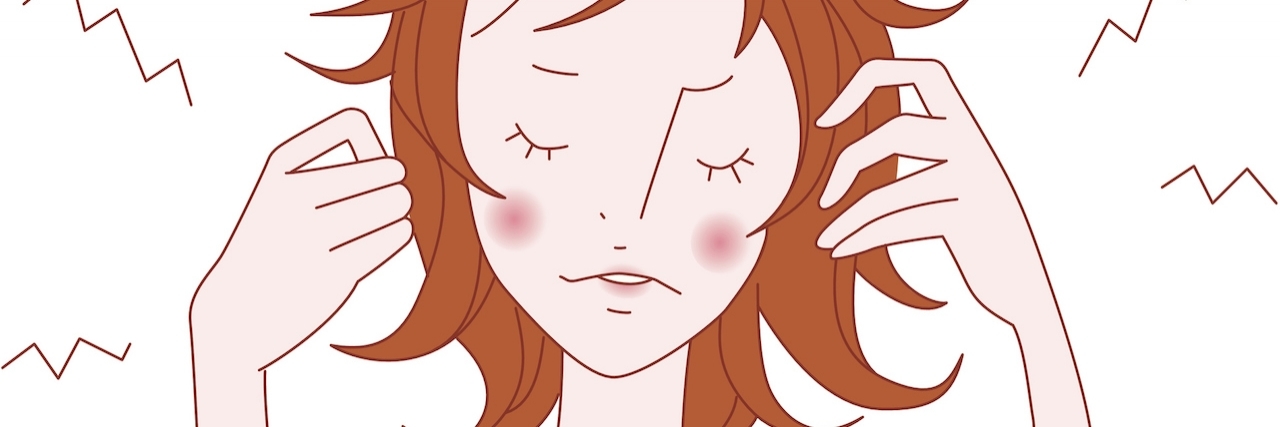I’ve been told I apologize too much. Prior to my obsessive compulsive disorder (OCD) diagnosis my parents, and most likely others around me, chalked up my excessive need to apologize to low self-esteem and a lack of confidence. While I did have a low self-esteem for many years, this wasn’t the reason behind my constant apologies and endless sorrys. For me, it was, and still is, a compulsion (one of many I struggle with).
It’s a compulsion I’ve worked on, and fortunately, unnecessary apologies come out of my mouth a whole lot less than they used to. However, when I’m under a lot of stress or having a bad OCD flare up, they come out like word vomit. Over and over again.
This compulsion is often paired up with the obsession of being a burden towards others, being a terrible person, leaving a bad impression or making a mistake. These obsessions cling to my brain like something sticky, and it’s painful to remove them. In an OCD-ridden moment, apologizing seems like the best bet. Except, it’s not. I can’t stop at one sorry, but rather I have to say it several times until the person on the receiving end reassures me enough times. Only the cycle never really stops, as this reassurance only quells the obsessions momentarily.
This is the nature of OCD, an ugly beast that traps myself, and the many others who suffer, in our own minds.
The good news, is that it can be overcome. I’m working at it every day. Some days OCD barely affects me at all, while other times it hangs over me like a plague, a constant form of torture, often invisible to those on the outside (who do not realize my excessive apologizing is done out of pain).
My roommate from last semester told me my apologies lessened throughout the two semesters we lived together. She said she saw progress, and I appreciated how during one of my lowest OCD days she stuck a note on my laptop that read: “Don’t apologize.”
The Mighty is asking the following: Tell us a story about a time you encountered a commonly held misconception about your disability, disease, or mental illness. How did you react, and what do you want to tell people who hold this misconception? Check out our Submit a Story page for more about our submission guidelines.

